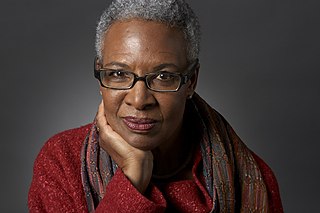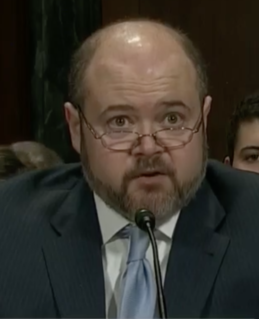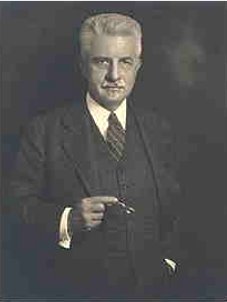A Quote by Heinrich Heine
Round my cradle shimmered the last moonbeams of the eighteenth century and the first morning rays of the nineteenth.
Related Quotes
In the eighteenth century it was often convenient to regard man as a clockwork automaton. In the nineteenth century, with Newtonian physics pretty well assimilated and a lot of work in thermodynamics going on, man was looked on as a heat engine, about 40 per cent efficient. Now in the twentieth century, with nuclear and subatomic physics a going thing, man had become something which absorbs X-rays, gamma rays and neutrons.
Given that the nineteenth century was the century of Socialism, of Liberalism, and of Democracy, it does not necessarily follow that the twentieth century must also be a century of Socialism, Liberalism and Democracy: political doctrines pass, but humanity remains, and it may rather be expected that this will be a century of authority ... a century of Fascism. For if the nineteenth century was a century of individualism it may be expected that this will be the century of collectivism and hence the century of the State.
What makes 'The Marriage of Souls' such a wonderful book is Collins's intricate reconstruction of the late eighteenth-century world. Simplicity and philosophy are the hallmarks of eighteenth-century art and architecture. The classically pure lines look deceptively simple and unburdened by heavy symbolism or imagery.
In the supposedly enlightened eighteenth and nineteenth centuries, parental indifference, child neglect, and raw cruelty appearedamong Europeans of all classes.... In mid-nineteenth- century France, families abandoned their children at the rate of thirty-three thousand a year.... It took sixty years after the criminalization of cruelty to animals for cruelty to children to be made punishable under English law.... Industrialized America added brutalizing child labor to the oppressions of the young.
The end of the eighteenth and the commencement of the nineteenth century are remarkable for the small amount of scientific movement going on in this country, especially in its more exact departments. Mathematics were at the last gasp, and astronomy nearly so; I mean in those members of its frame which depend upon precise measurement and systematic calculation. The chilling torpor of routine had begun to spread itself over all those branches of Science which wanted the excitement of experimental research.
In the nineteenth century some parts of the world were unexplored, but there was almost no restriction on travel.:; Up to 1914 you did not need a passport for any country except Russia.:; The European emigrant, if he could scrape together a few pounds for the passage, simply set sail for America or Australia, and when he got there no questions were asked.:; In the eighteenth century it had been quite normal and safe to travel in a country with which your own country was at war.







































